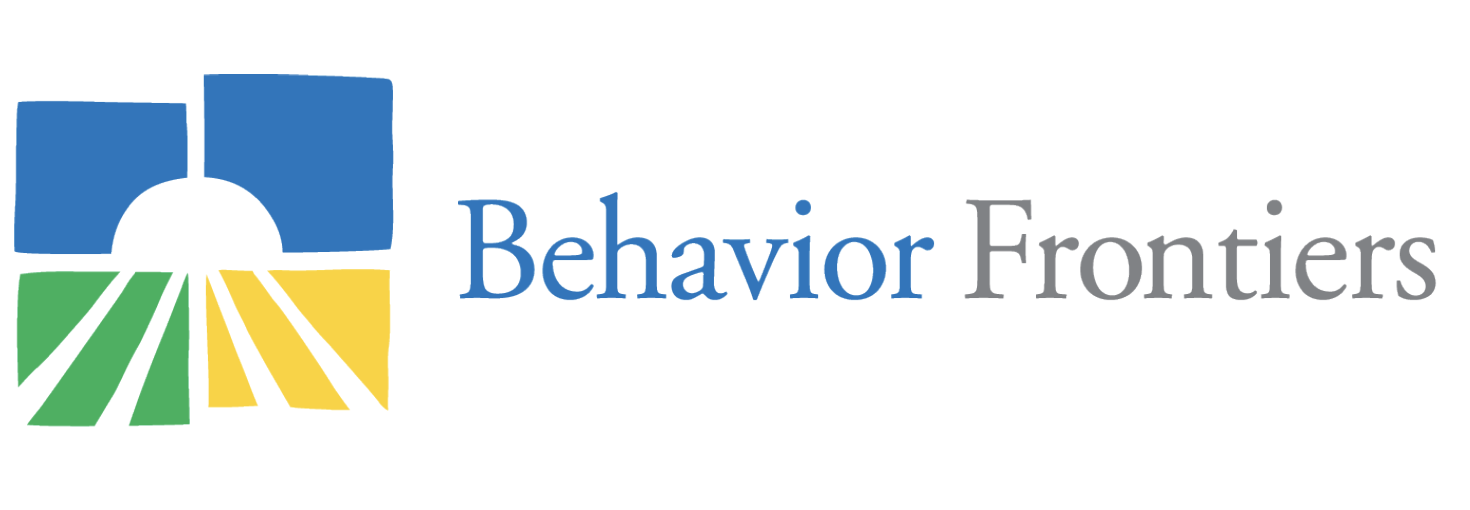What Are the Signs of Autism?
The signs and symptoms of children with Autism Spectrum Disorder (ASD) vary greatly. There are early signs parents can look out for based on developmental milestones by age. Some signs might be obvious such as speech or social delays compared to same aged peers. Some children might move towards the skills to develop those milestones but lose the skill as their age progresses. Though many children with ASD show developmental differences compared to same aged peers early on, it is best to consult with your child’s pediatrician if you suspect ASD. Keep in mind that one child with ASD may not have exactly the same delays or symptoms as another child with ASD.
Here are some early signs to look out for-
Your baby or toddler doesn’t:
make eye contact with you
watch things when they move
smile at you or other people
coo or babble
show signs of concern for others
show affection towards caregiver and familiar people
laugh or make squealing sounds
play any games involving back and forth play
respond to own name
seem to recognize familiar people
look where you point
recognize gestures like waving or shaking head
point to things
perform skills he/she used to know
More information about developmental milestones can be found at:
Stanford University - 5 Developmental Milestones
What parents can do:
Monitor your child’s development-keep an eye on developmental milestones, while developmental delays do not automatically point to ASD, they may indicate a higher risk
Trust your instinct, take action-if you suspect that your child is not meeting the developmental milestones, express your concerns to your child’s pediatrician immediately
Don’t wait-though children may meet developmental milestones at different rates, the wait-and-see approach may put your child at risk for losing valuable time to start interventions and therapies
Schedule an autism screening-your child’s pediatrician should be doing routine developmental screening if you suspect that your child has ASD, ask your pediatrician for an autism screening
See a developmental specialist-your child’s pediatrician can refer your child to a developmental specialist if he/she detects possible signs of autism
Seek early intervention services-through the Individuals with Disabilities Education Act (IDEA) early intervention is a federally funded program for infants and toddlers with disabilities, your pediatrician or specialist may be able to connect you to the appropriate services in your area
More information can be found at:
Erica Lau, M.S., BCBA, LBA
Associate Clinical Director, Seattle
Tuesday, March 24, 2020

